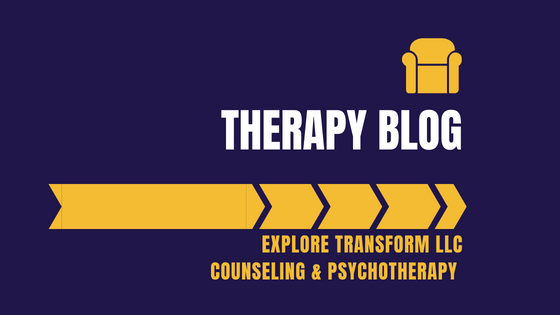|
It is okay to live under a little bit of pressure, because we all need this to keep going. But too much pressure can lead to stress, which means to burn out, or to break.
Stress can show itself in a number of different ways, but the common symptoms include racing thoughts (or even a blank mind), palpitations, nausea, tightness in the chest, and breathlessness. We all know that stress is unhealthy, we do not need to go into that. But if we work, and if we have children to care for, it is not always realistic to expect to have time to put our own needs first. This is especially so if we are working in a busy city where overcrowding is an issues. What makes things worse for us city-dwelling working parents, studies have found that people who work or live in cities are at greater risk of developing mental health issues (for example, The current status of urban-rural differences in psychiatric disorders, Peen J, Schoevers RA, Beekman AT, Dekker J). Sometimes a huge step towards stress reduction is realism. If we are realistic with what we can achieve, then the weight of expectation is instantly lifted. We might hope to achieve some sort of ‘downtime’, but if we limp towards the weekend without a moment to stop, then that should not be viewed as another failure. There may be things we can change, but we have to accept that sometimes we have set things up in a way for a particular reason. Instead of jumping straight into relaxation exercises or mindfulness, we first need to understand what makes us tick, or to use another phrase, we need to understand our process. Our ‘process’ includes the following -
Once we change these assumptions, or ‘must’ statements into preferences (for example, ‘I would like to be successful’ rather than ‘I must be successful’), then, if things do not work out as planned, this can de-awfulise the situation, and alleviate the stress.
Once we understand our process, we have more information to see why we might be how we are. We can then adopt a kinder voice when things don’t necessarily go to plan. For example, if you fail to find time for yourself, perhaps this is as a result of choices you have made, and those choices have been informed by your values. Once you change a perceived failure into a choice, life feels more in control than before. Then there are the blind spots. We may feel like we have no time whatsoever, but perhaps we are not looking hard enough. Time to unwind, to practice mindfulness or just be in the moment, can be a few minutes each day. It could be that we use part of the journey into work, or a moment on the toilet, just to stop our minds racing, and check in with what is happening in that moment. What are we aware of? Are we short of breath? Are our minds racing round corners of future uncertainty? We do not have to achieve anything in that moment other than just to stop. And sometimes that can be enough. If not, perhaps it can give us a little more space to realise what we do need. There are plenty more ways to combat stress, and perhaps you have encountered some of these. I have set out below a handful of tips, and I have also included a very simple relaxation exercise. The key point to take away from this is forgiveness. If you manage to remember a few of these tips every now and again, brilliant. The worst thing you can do is use these to beat yourself up, adding further stress with the idea that you are somehow failing –
Quick and easy relaxation exercise –
Find out more today. Chris Warren-Dickins, LLB MA LPC Psychotherapist in Ridgewood, New Jersey www.exploretransform.com References
#Stress, #Anxiety, #ToxicStress, #FindATherapist, #ridgewood, #BergenCounty, #NewJersey, #teletherapy, #Find#Counselor, #Counseling, #Psychotherapy, #MentalHealth Comments are closed.
|
Due to the COVID-19 health crisis, we are only offering sessions online.
Our address is 143 E Ridgewood Ave, #1484, Ridgewood, NJ 07450
Telephone: +1-201-779-6917
Lead clinician: Chris Warren-Dickins LLB MA LPC
EXPLORE TRANSFORM LLC
Our address is 143 E Ridgewood Ave, #1484, Ridgewood, NJ 07450
Telephone: +1-201-779-6917
Lead clinician: Chris Warren-Dickins LLB MA LPC
EXPLORE TRANSFORM LLC
© COPYRIGHT 2024 CHRIS WARREN-DICKINS. ALL RIGHTS RESERVED. NJ LICENCE # 37PC00618700



 RSS Feed
RSS Feed
